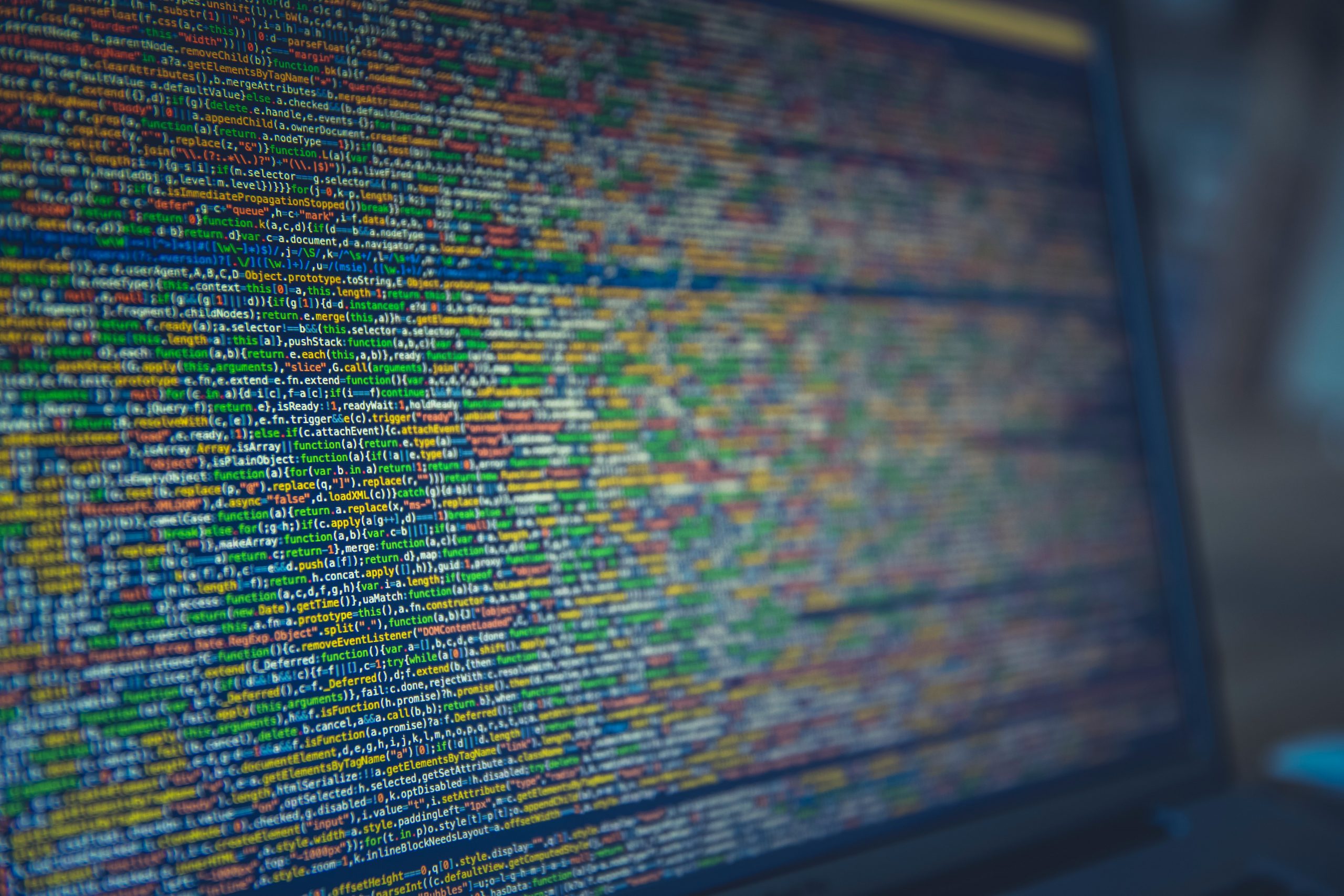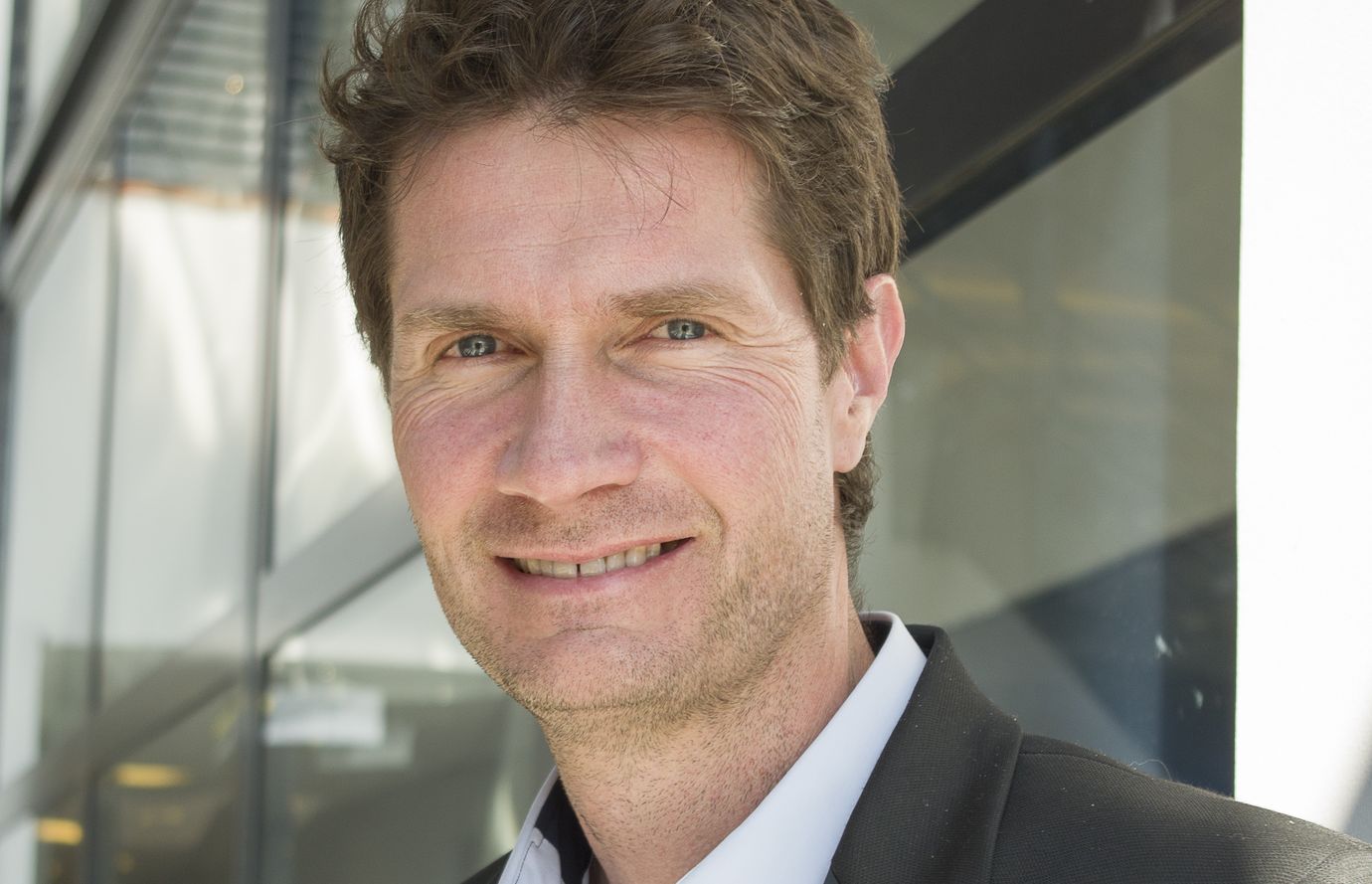Posts

5G connecting constellations
Digital, In the NewsA space-based solution to connect remote regions is soon to become reality. But using low-orbiting satellites as telecommunications relay stations means certain functionalities of current terrestrial solutions have to be reinvented. Their constant movement is the reason. For the BPI 5G NTN mmWave project, Télécom Paris scientists are tackling this technical challenge, by developing new algorithms and performance models in order to assess the limitations of the system and then optimize it.

Cryptography: what are the random numbers for?
Digital, In the News
Hervé Debar, Télécom SudParis – Institut Mines-Télécom and Olivier Levillain, Télécom SudParis – Institut Mines-Télécom
The original purpose of cryptography is to allow two parties (traditionally referred to as Alice and…

“En route” to more equitable urban mobility, thanks to artificial intelligence
Digital, In the News, Mobility
Individual cars represent a major source of pollution. But how can you transition from using your own car when you live far from the city center, in an area with little access to public transport? Andrea Araldo, researcher at Télécom SudParis…

Digital simulation: applications, from medicine to energy
Digital, In the News
At Mines Saint-Étienne, Yann Gavet uses image simulation to study the characteristics of an object. This method is more economical in terms of time and cost, and eliminates the need for experimental measurements. This field, at the intersection…

Making algorithms understand what we are talking about
Digital, In the News
Human language contains different types of information. We understand it all unconsciously, but explaining it systematically is much more difficult. The same is true for machines. The NoRDF Project Chair "Modeling and Extracting Complex…

Shedding some light on black box algorithms
Digital, In the NewsIn recent decades, algorithms have become increasingly complex, particularly through the introduction of deep learning architectures. This has gone hand in hand with increasing difficulty in explaining their internal functioning, which has become an important issue, both legally and socially. Winston Maxwell, legal researcher, and Florence d’Alché-Buc, researcher in machine learning, who both work for Télécom Paris, describe the current challenges involved in the explainability of algorithms.

PERFUME: a scent of cooperation for the networks of the future
Digital, In the News
The ERC PERFUME project, led by EURECOM researcher David Gesbert and ending in 2020, resulted in the development of algorithms for local decision making in the mobile network. This research was tested on autonomous drones, and is particularly…

